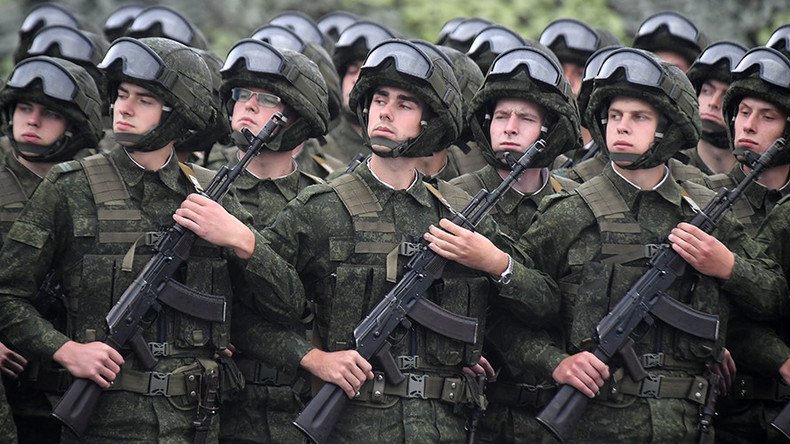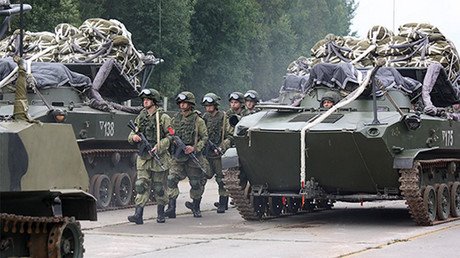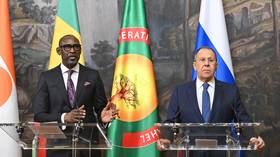Russia begins troop withdrawal from Belarus after end of Zapad 2017 drills – MoD

Russian troops have started to routinely return to their home bases after the end of the joint Russia-Belarus Zapad 2017 exercises that earlier provoked large-scale hysteria in the West over their nature, numbers and purpose.
Units of the Russian Air Force were first to set off for home following the end of the drills, according to the Russian Defense Ministry.
Russian military “planes… [and] helicopters… involved in the various stages of the exercises, including those conducted on Belarusian territory, will be redeployed to their home airfields in two days,” the ministry said, adding that the withdrawal operation had already begun, as reported by the Interfax news agency.
The Zapad 2017 drills kicked off on September 14 and lasted until Wednesday, September 20. As part of the drills, Russia sent around 3,000 troops to neighboring Belarus, where they trained at six locations along with 7,000 soldiers and officers of the host nation. Russia also welcomed Belarusian troops at three sites, including the Luzhsky range in Leningrad Region.
Fewer than 13,000 troops took part in the exercise in total, according to figures from the defense ministries of Russia and Belarus. Around 70 aircraft, 680 armored vehicles, including 250 tanks, 200 artillery guns, and 10 warships were deployed by the two nations.
Some 90 foreign observers from 60 countries were invited to monitor the exercise. However, the exercises still became another reason for hysteria in the West. Some critics assumed that the drills were cover for a land grab and that the Russian forces would be permanently stationed in Belarus following the drills.
German Defense Minister Ursula von der Leyen, Polish Prime Minister Beata Szydlo, and Lieutenant-General Ben Hodges, commander of US Army forces in Europe, all expressed their “concerns” over the joint Russian-Belarusian exercises.
Lithuanian President Dalia Grybauskaite even focused on the drills in her recent speech at the UN General Assembly in New York, warning that “the Kremlin is rehearsing aggressive scenarios against its neighbors.”
On Wednesday, Belarusian President Aleksandr Lukashenko once again tried to alleviate the West’s concerns over the joint drills by saying that they were focused only on “protecting the independence of our countries, our national interests and… our families.”
“The joint military activities and cooperation [between Belarus and] Russia in these exercises are not aimed against any third countries and serve the sole purpose of protecting our national interests,” the Belarusian leader said after observing the final stage of the drills at the Borisov training range, as cited by his press service.
The Russian Foreign Ministry also repeatedly slammed critics of the exercises, accusing them of fearmongering, and stressed the defensive nature and transparency of the drills – which are held every four years.
In the meantime, NATO launched massive parallel military exercises in Sweden, involving almost twice as many troops as Zapad 2017. The drills, in which some 20,000 troops took part, was the largest such exercise held in Sweden in 23 years.
NATO has also staged dozens of war games in the region over the past three years, some involving tens of thousands of troops. Moscow repeatedly criticized the alliance buildup on the Russian borders and called the NATO actions provocative, adding that it would respond accordingly.















